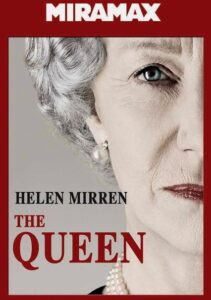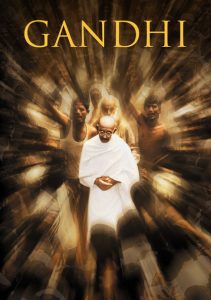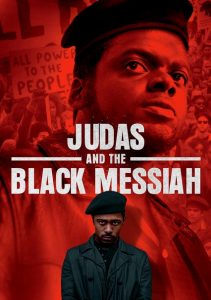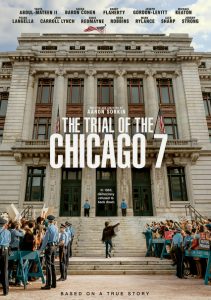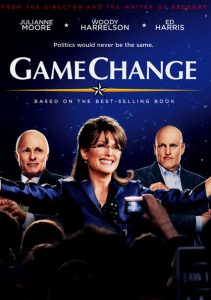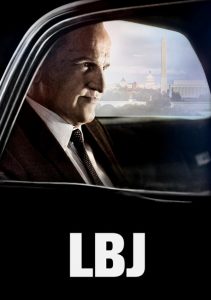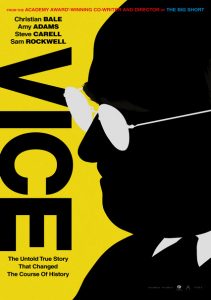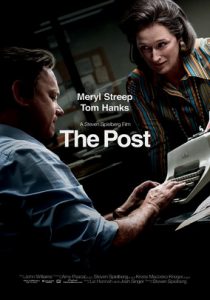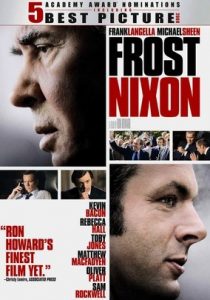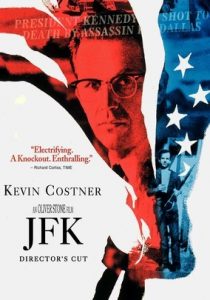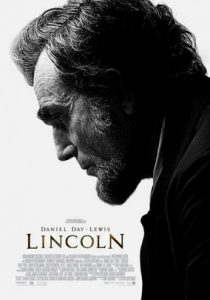I’m Still Here-2024
Director Walter Salles
Starring Fernanda Torres, Selton Mello, Fernanda Montenegro
Scott’s Review #1,464
Reviewed February 9, 2025
Grade: A-
A powerful political drama led by a riveting performance by Fernanda Torres gives a frightening view of government corruption. Her mother, Fernanda Montenegro, also plays a small yet pivotal role in a double dose of brilliant acting.
Ironically, twenty-five years after Montenegro, Torres was nominated for an Oscar for Salles’s film Central Station (1998). What lovely desserts!
Director Walter Salles showcases a loving family at the forefront that provides empathy for the audience. Events slowly build, so time is spent investing in the characters first so that we care about them before becoming immersed in their peril.
Though the setting is early 1970s Brazil, the stark reality is that corruption still exists in many countries, even the United States of America. While Brazil is now a democratic country, the US is teetering towards a villainous dictatorship. Brazil is also still threatened by the villainous right wing.
This adds a layer of fear that something that happened so long ago can quickly occur again.
The story is true.
Eunice Paiva (Torres/Montenegro) investigates her husband Rubens’ (Selton Mello) disappearance while trying to maintain family stability. Rubens is a former Congressman turned civil engineer opposed to military dictatorship. One night, he is taken away for questioning and never returns.
Most of the early events take place in Rio de Janeiro, Brazil. The Paiva family resides in a beachfront house and regularly celebrates with neighbors and friends. The kids play volleyball and enjoy life. One of the kids travels to London with family friends, joyfully exploring her obsession with the Beatles.
Salles perfectly exposes this forty-five minutes or so of celebration before turning to the darkness of the rest of the story.
There is a foreboding quality despite the parties, the drinking, the laughs, the many photographs, videos, and quiet moments between family members.
One of the daughters and her friends are stopped by military guards at a checkpoint and harassed. Eunice sees a tank drive by filled with military personnel. Ruben’s best friend needs to flee Brazil before something terrible happens to him.
Even the lighting turns darker once Rubens, Eunice, and her daughter are questioned at a military facility.
Dark sequences feature Eunice being kept in a dimly lit cell for days, dirty and disheveled.
Despite the compelling nature of 1970/1971, I breathed a sigh of relief when events moved to 1996 and, finally, 2014. The lighting became sunnier, the family had moved on, and their lives had a new meaning.
Enough raves cannot be given for Torres’s performance. Instead of giving Eunice a weepy, overly emotional quality, she plays her as strong and confident, always in control. Torres relays the woman’s pain, confusion, and heartbreak through her eyes and facial mannerisms, relaying her agonizing uncertainty.
Montenegro plays Eunice, an elderly older woman with late-stage Alzheimer’s disease, in a short but powerful scene.
Eunice knows her husband is involved in anti-military communications and supports him as a brilliant woman. She is not a simpering weak woman but an empowered, confident one.
Eunice returns to college and graduates law school at forty-eight, becoming an expert on Indigenous Rights.
So, the character and real-life figure inspire women and men to persevere under extreme circumstances. Both Eunice and Rubens are heroic.
As if there was ever doubt, Rubens Paiva’s true fate is revealed during the end credits, amid photographs of the real Paiva family.
Justice was never served.
The film portrays a biography of a man who wants to do the right thing and surrounds himself with allies and intellectuals who share his beliefs.
In the terrible state of United States politics in 2024, I’m Still Here (2024) resonates deeply on many levels. This compelling work teaches me a lesson in standing up for what’s right amid uncertainty and fear and connecting with like-minded people.
I may not need to see the film again, but the message was clear and hit home.
Oscar Nominations: 1 win-Best Picture, Best Actress-Fernanda Torres, Best International Film (won)


